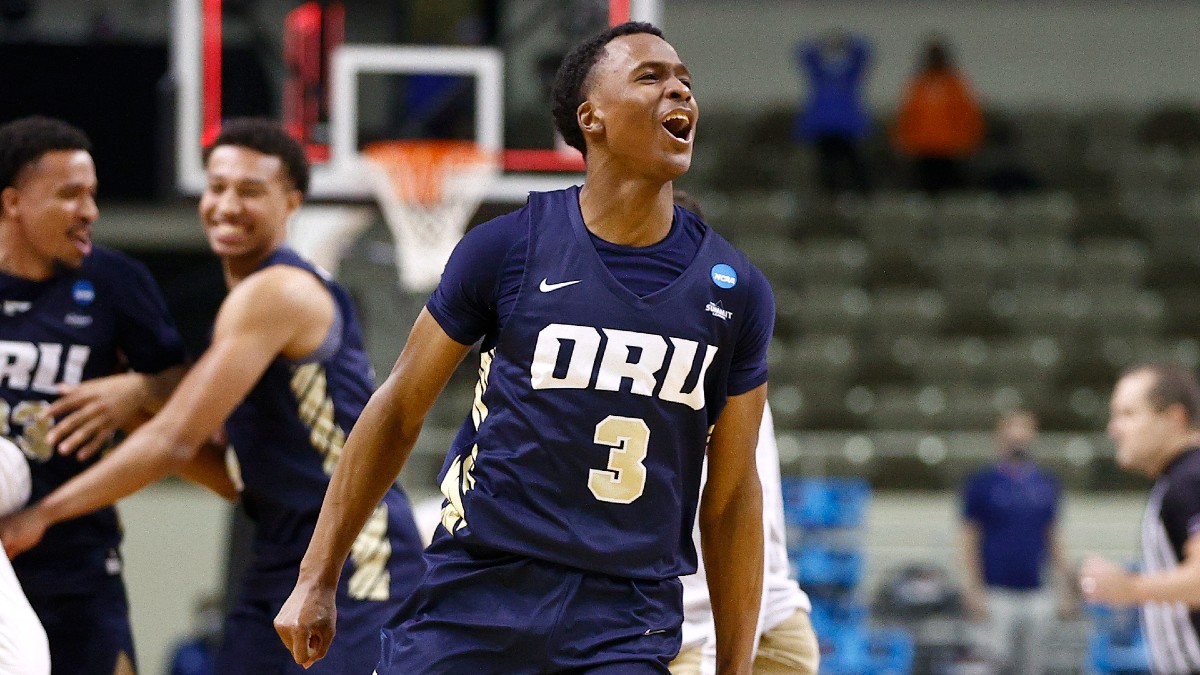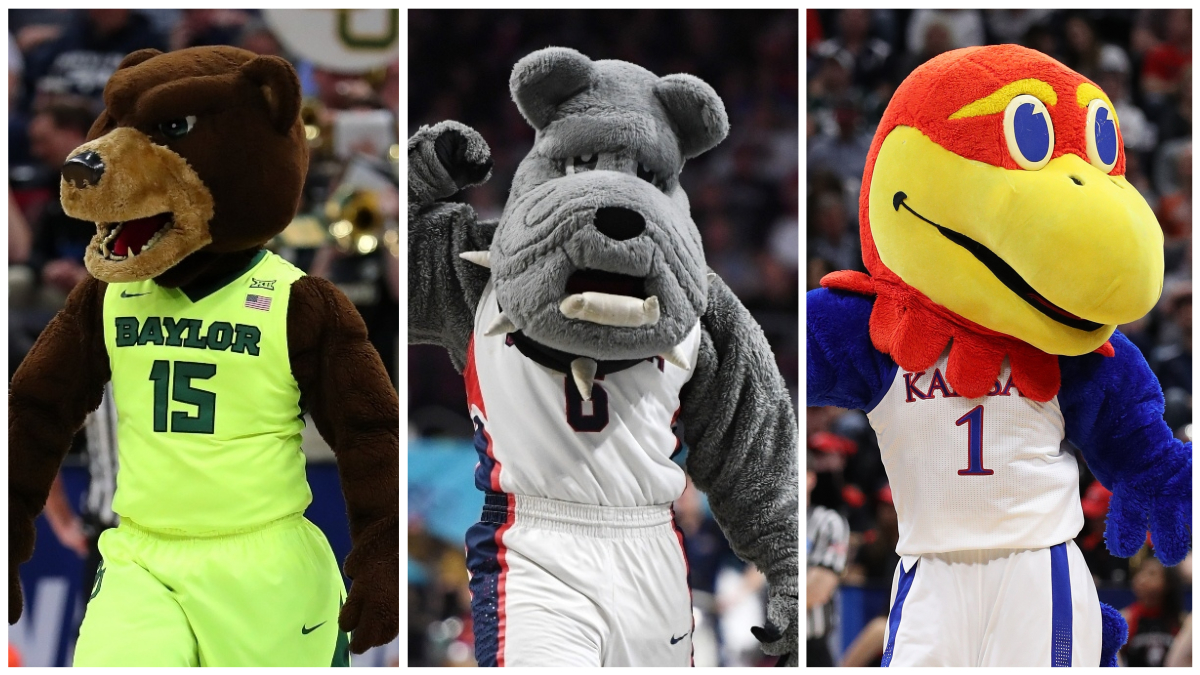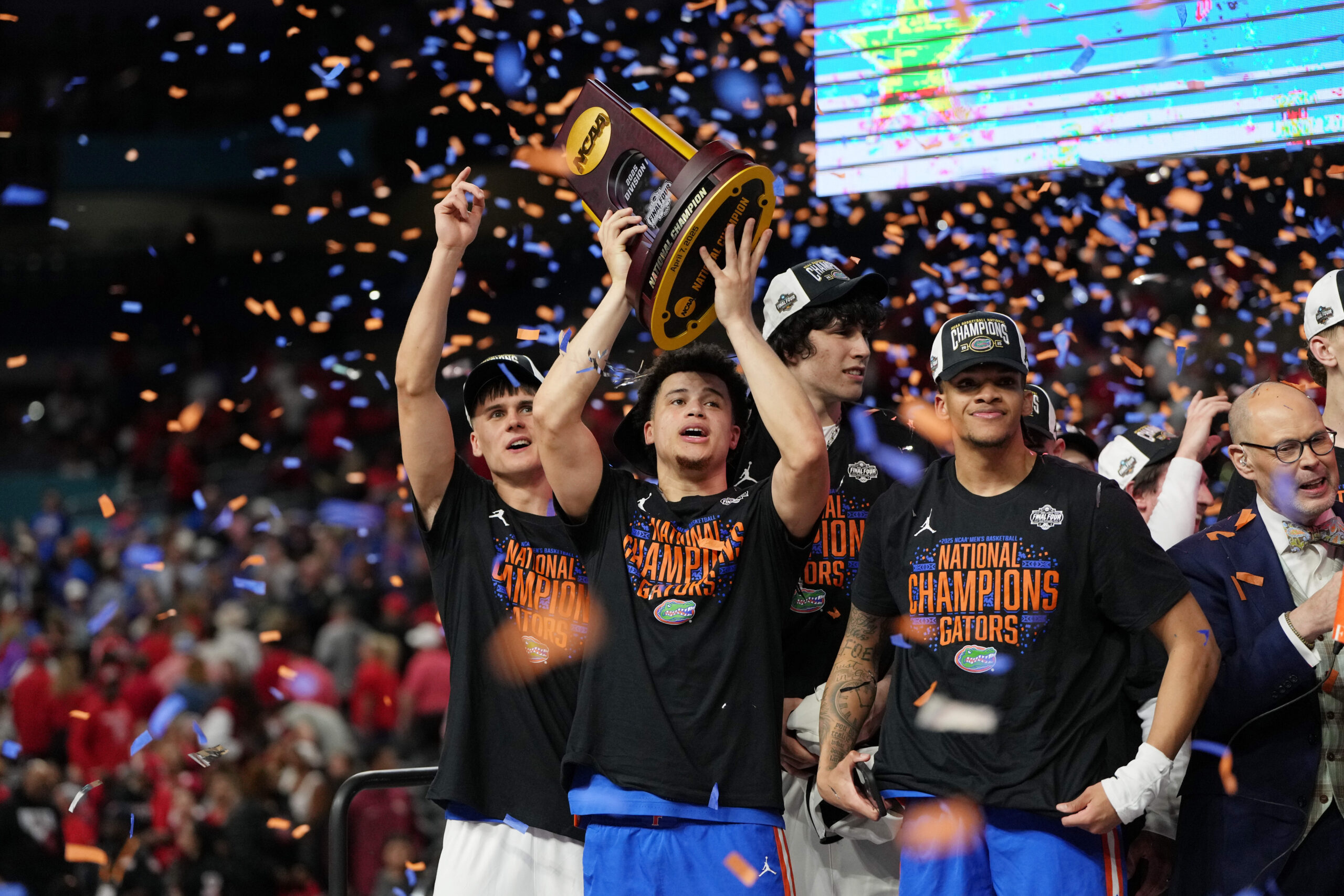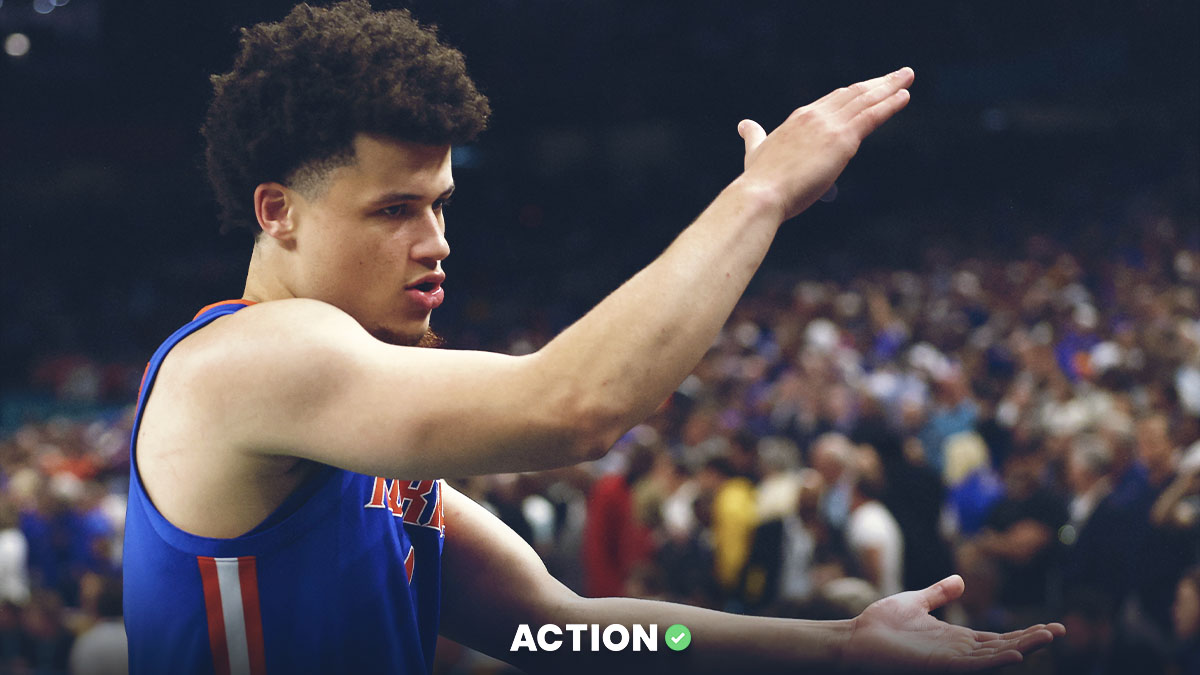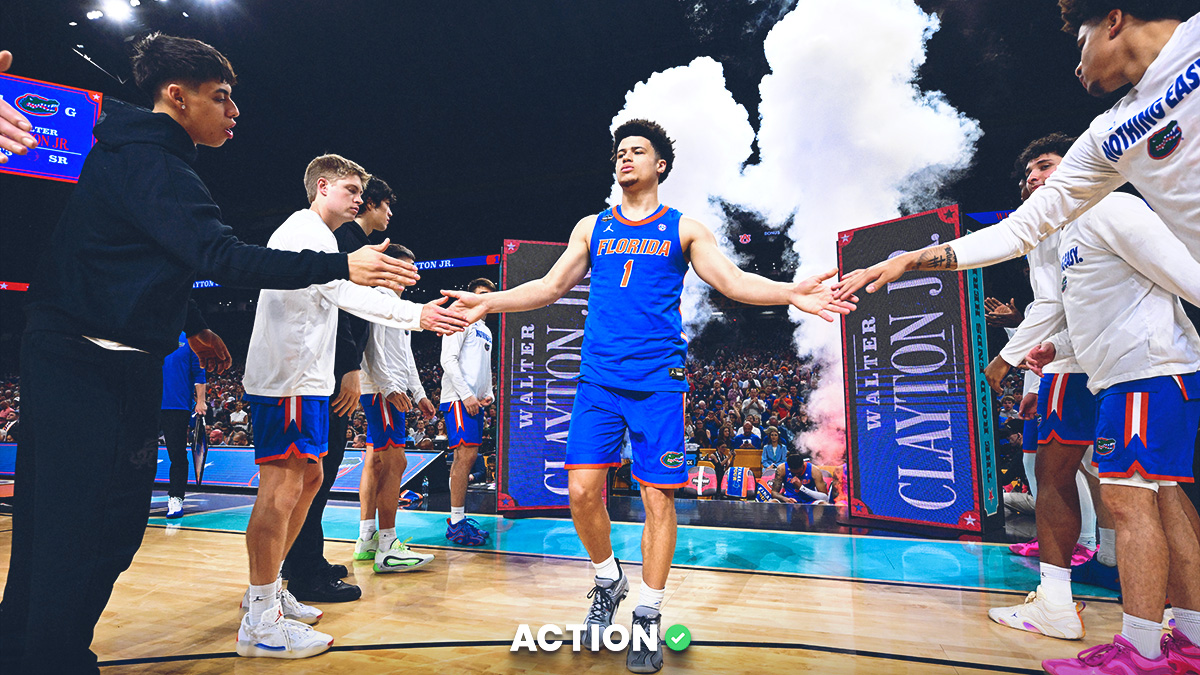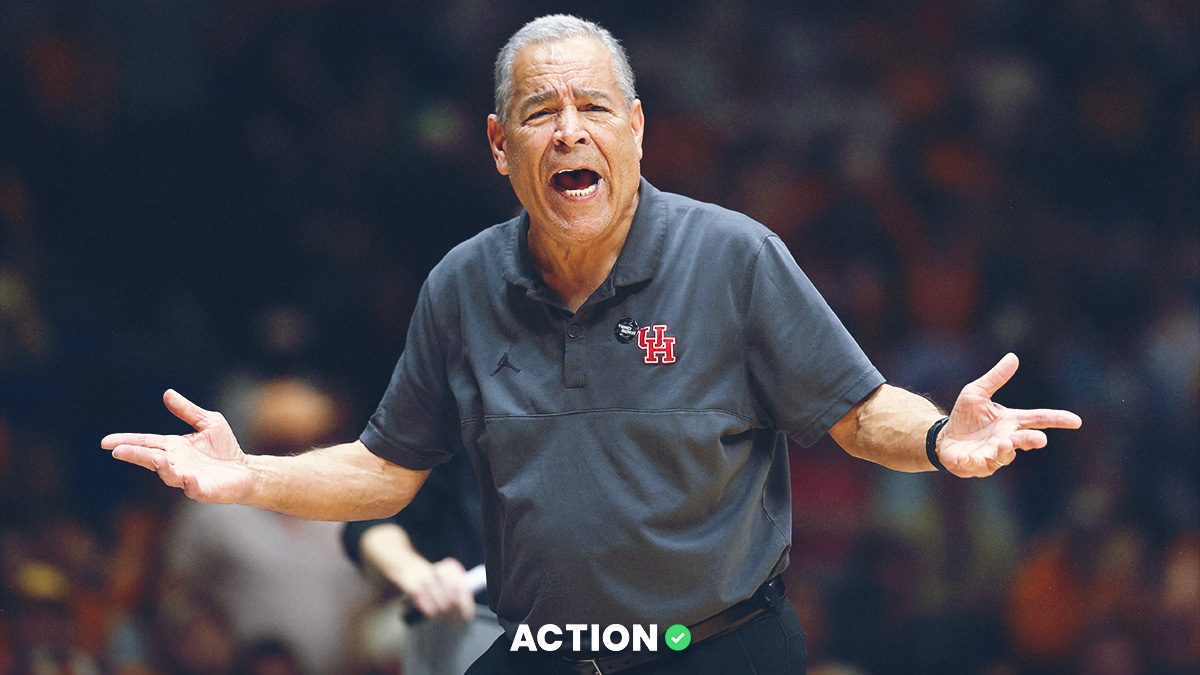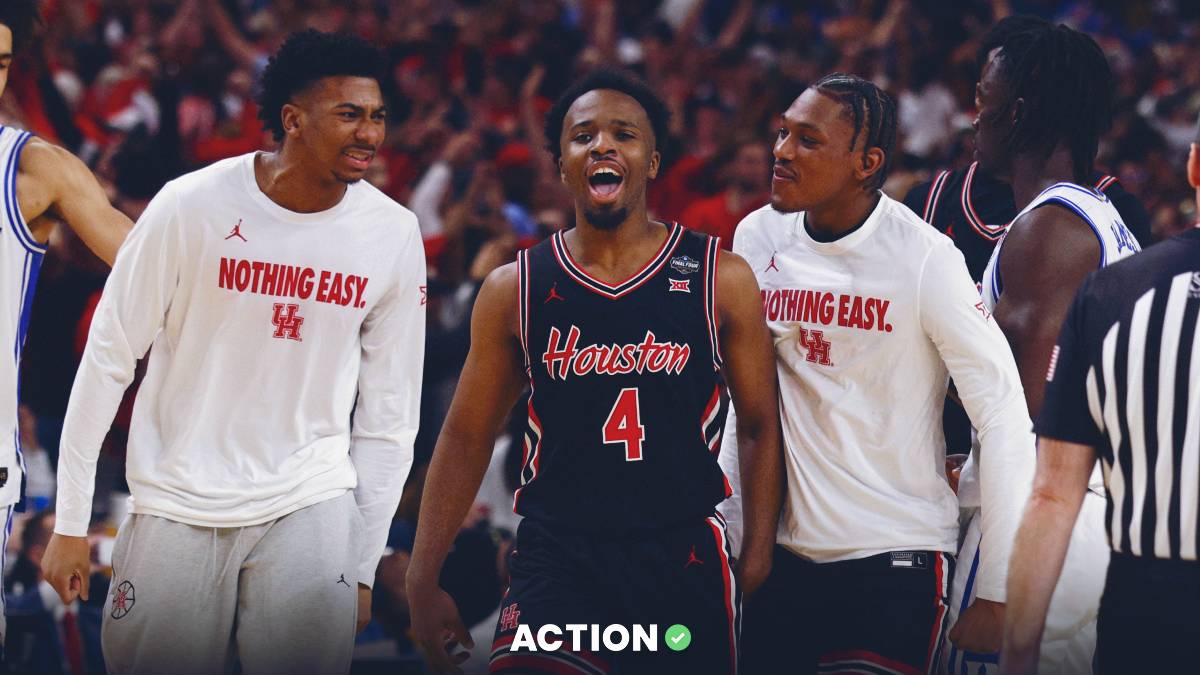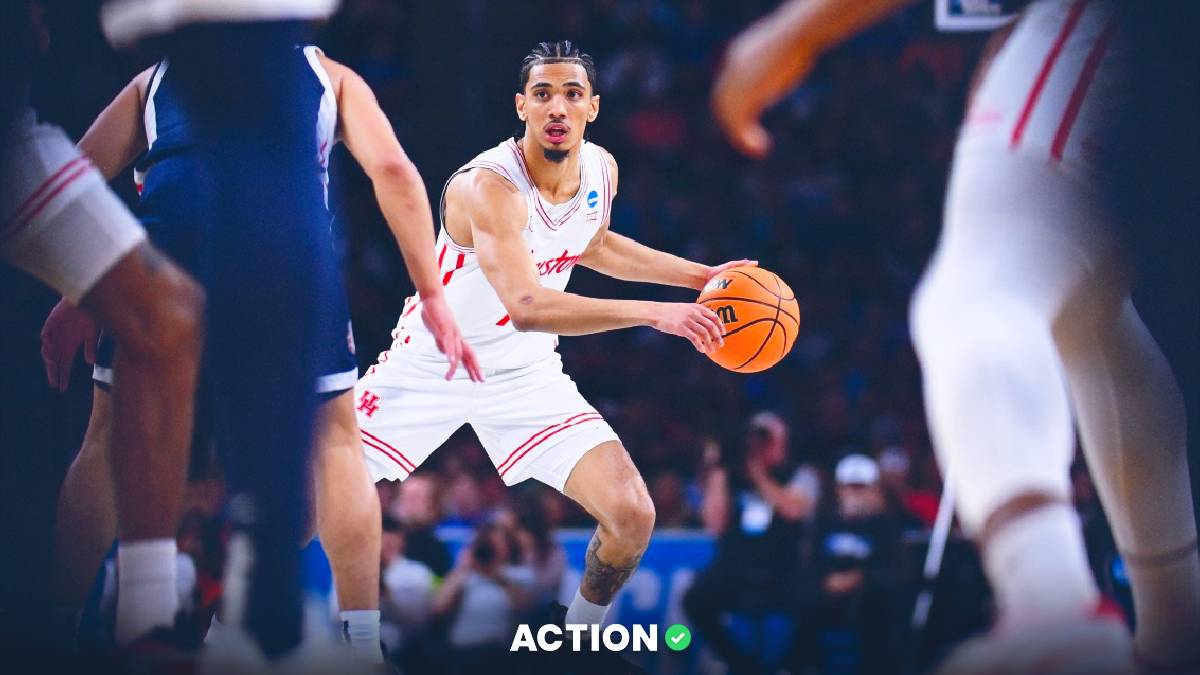The NCAA Tournament has this weird betting theme to it. We visualize upsets when looking at the bracket, and we often take that to the betting window.
But is betting underdogs in March Madness actually a good idea? Do dogs not only cover more spreads, but win more games outright?
Using our data at Bet Labs, we can check. And no, it's not an underdogs' event. The NCAA Tournament is chalkier than you'd think.
Let's start with against-the-spread records. As you'd expect, they're nearly identical — underdogs are 516-511-25 ATS since 2005.
But what about on the moneyline?
Favorites have been much better bets over the last two decades on the moneyline than dogs.
Things improves slightly for dogs when you eliminate 16 seeds, but not by much.
And you can get to a break-even point when you include only 7-12 seeds who were underdogs, but now we're just fitting the system to our preconceived narrative.
But surely there are some years where underdogs have been profitable, right?
Yes, including two of the last four NCAA Tournaments.
But the profitability was buoyed entirely by two teams — UMBC beat Virginia as a +2000 underdog in 2018 and Oral Roberts in 2021 beat Ohio State as a +1000 dog, then Florida at around +350.
So if you were firing +250 dogs throughout the tourney — you know, the ones we actually thought could win — you likely still came up empty.
You shouldn't be blindly betting dogs on the moneyline in March just because you like them getting points.
Even Loyola-Chicago, despite winning four games on its run to the 2018 Final Four, produced just $399 for a $100 bettor. Not exactly world-breaking.
The only time it's really paid off for bettors is in the Elite Eight, which is too small a sample size to read much into.
There are other small sample size events where taking underdogs on the moneyline and not taking the points has worked out.
It's been true in college football bowl season and especially in the national championship game. It's true in the Super Bowl. The underdog either wins the game straight up or loses and doesn't cover the spread at an incredible rate in those settings.
Just not March Madness.


